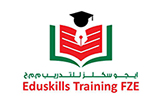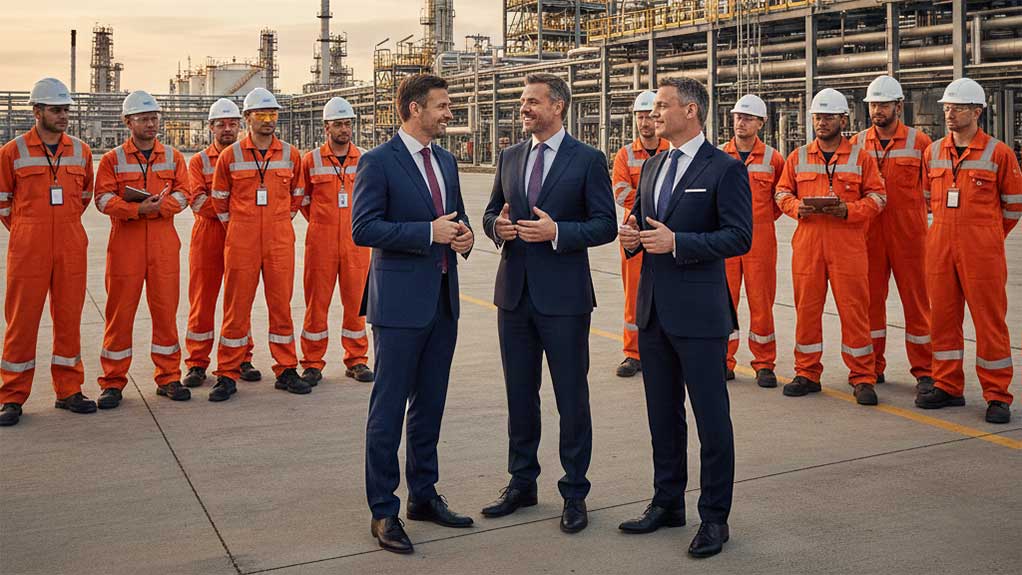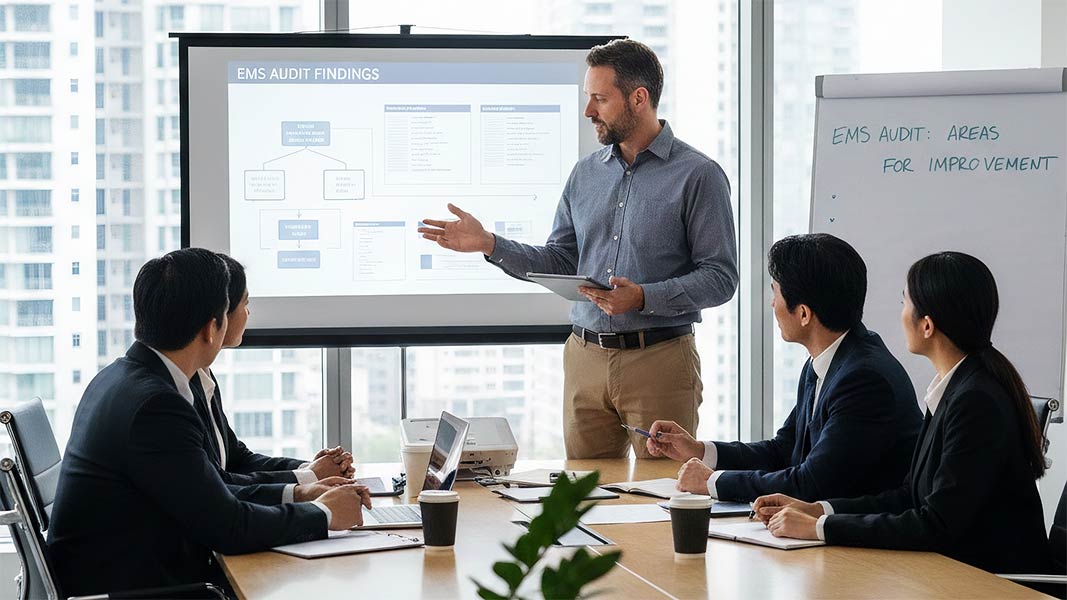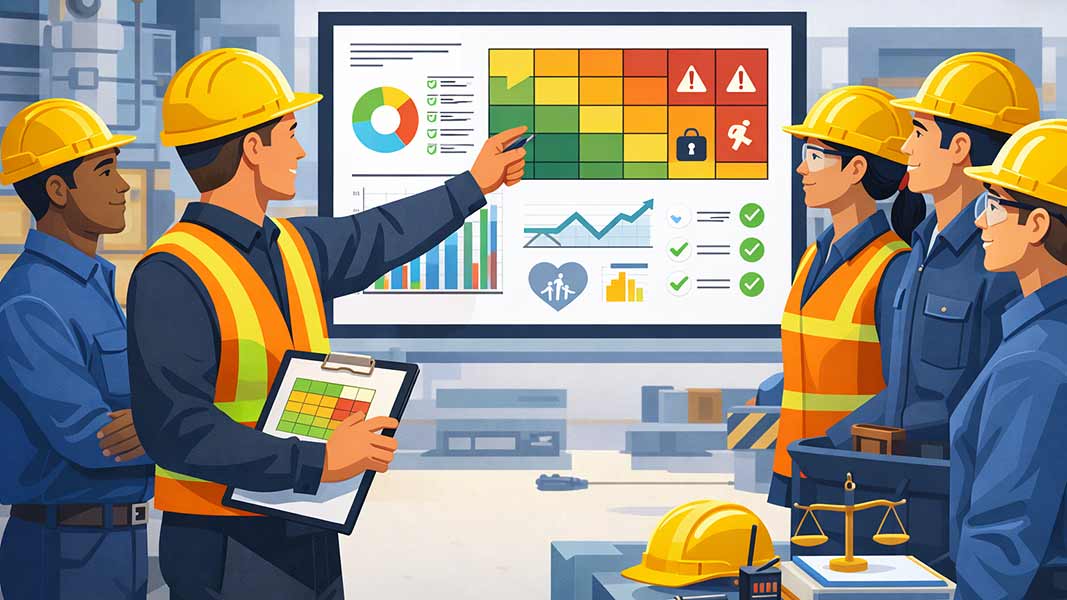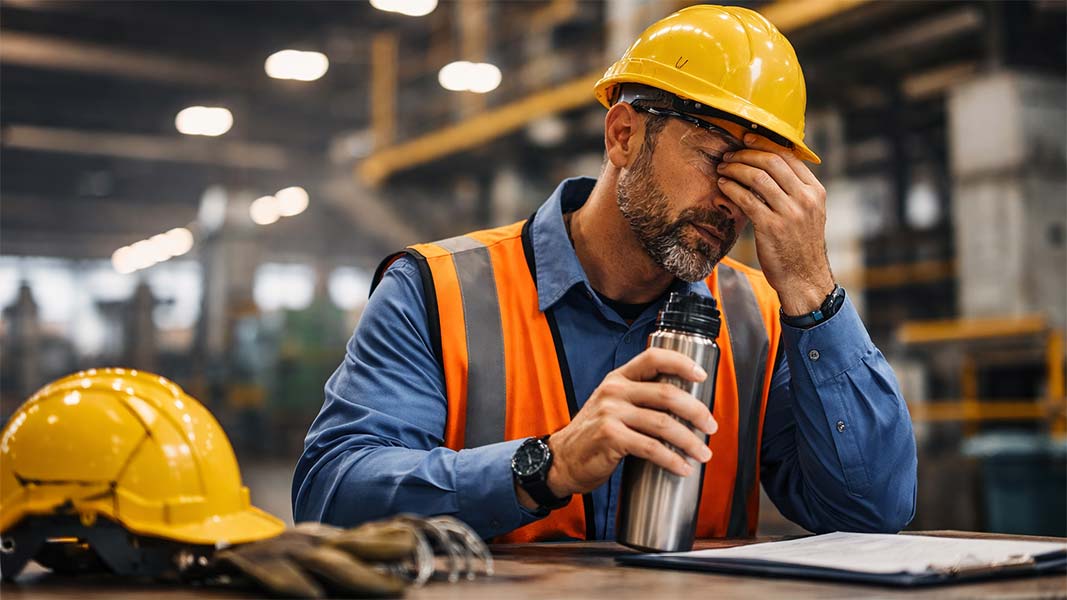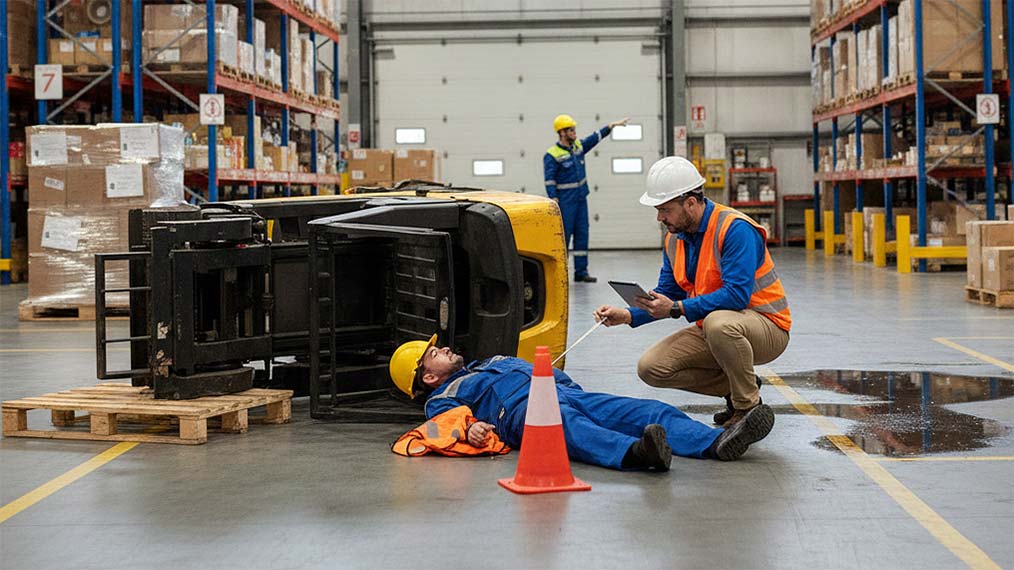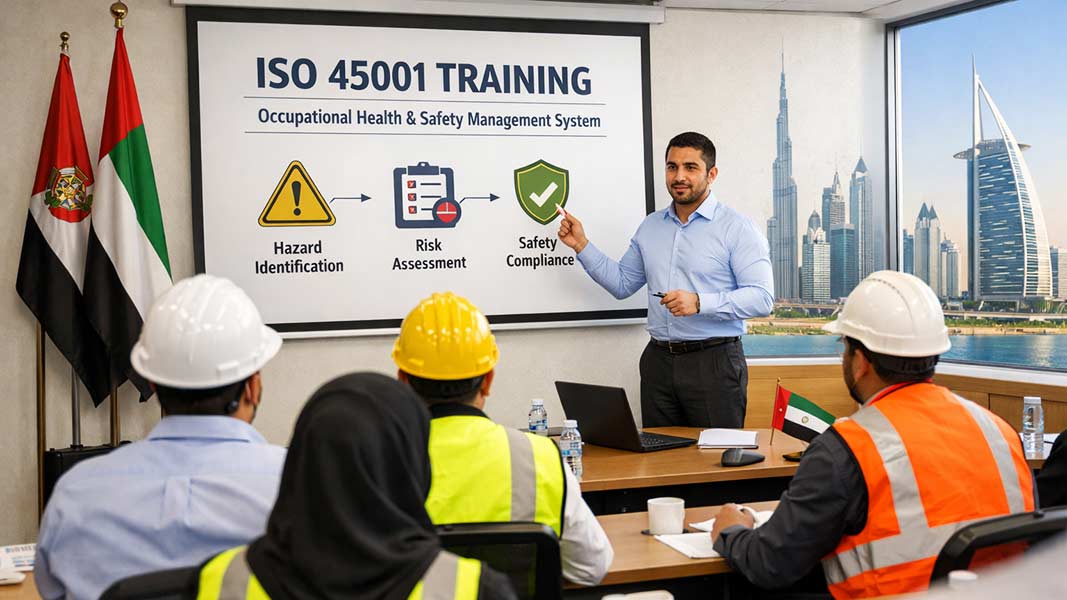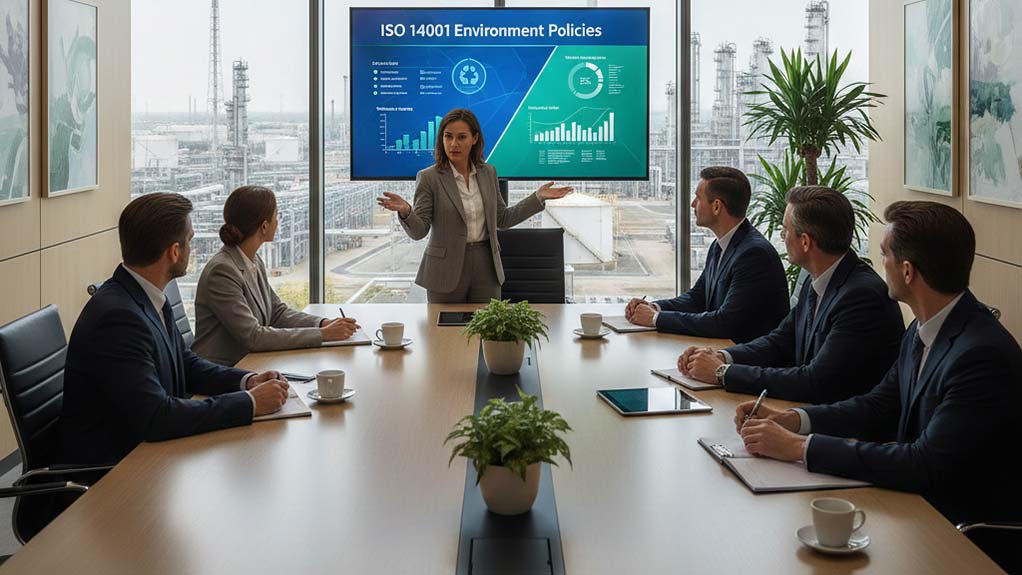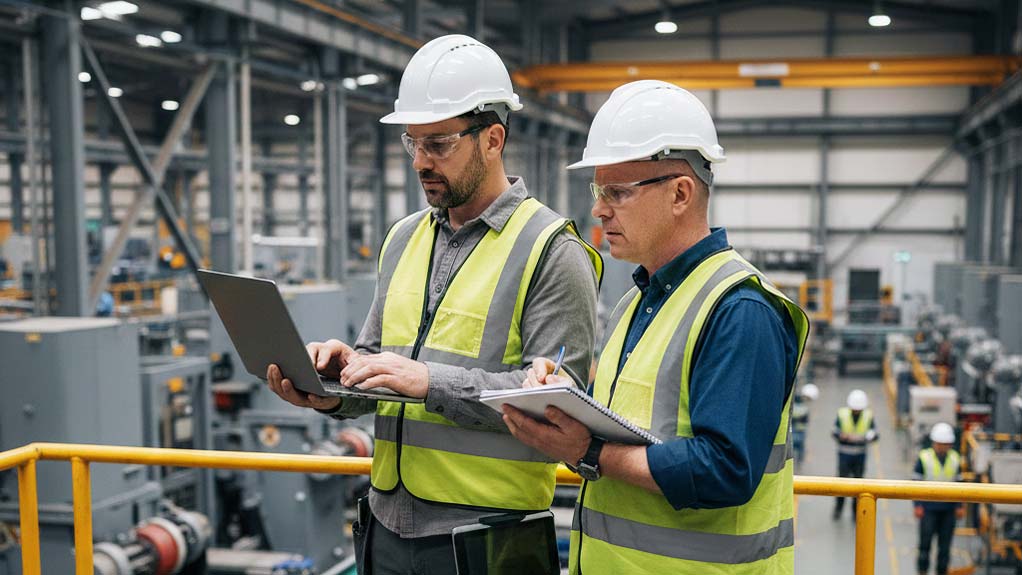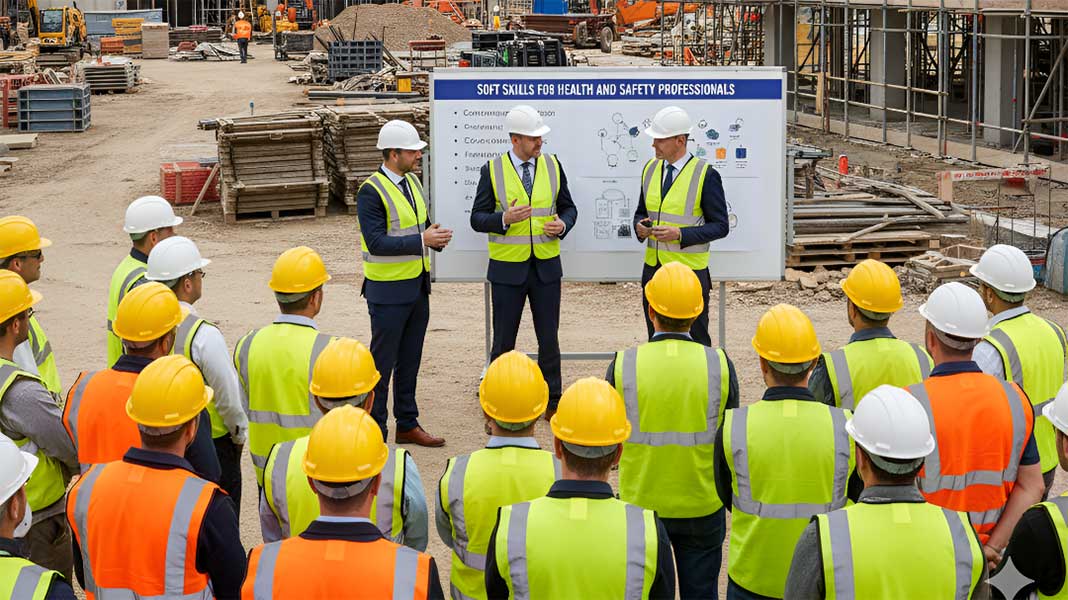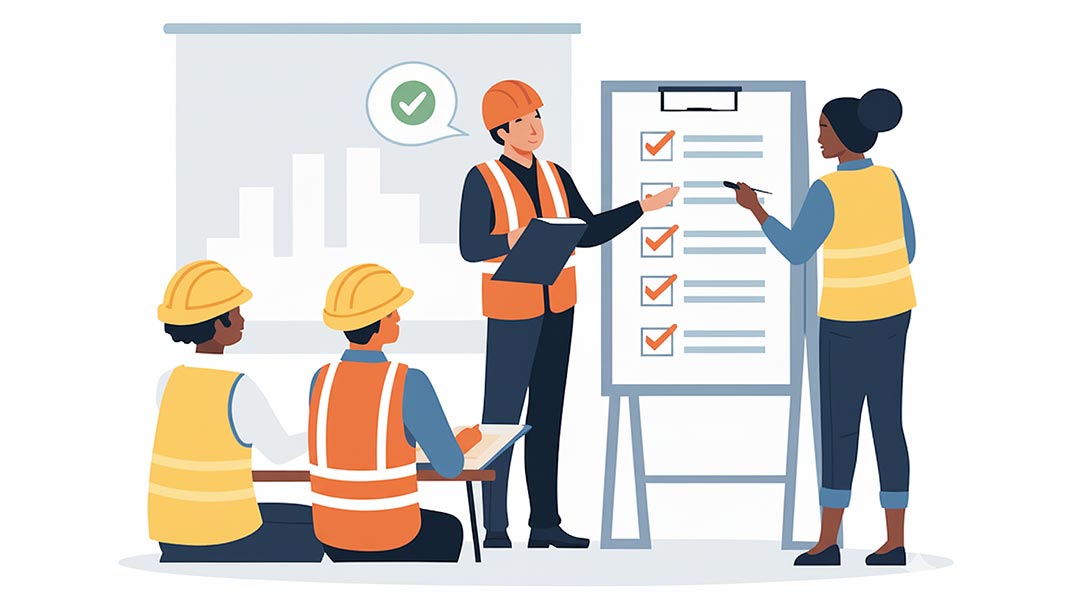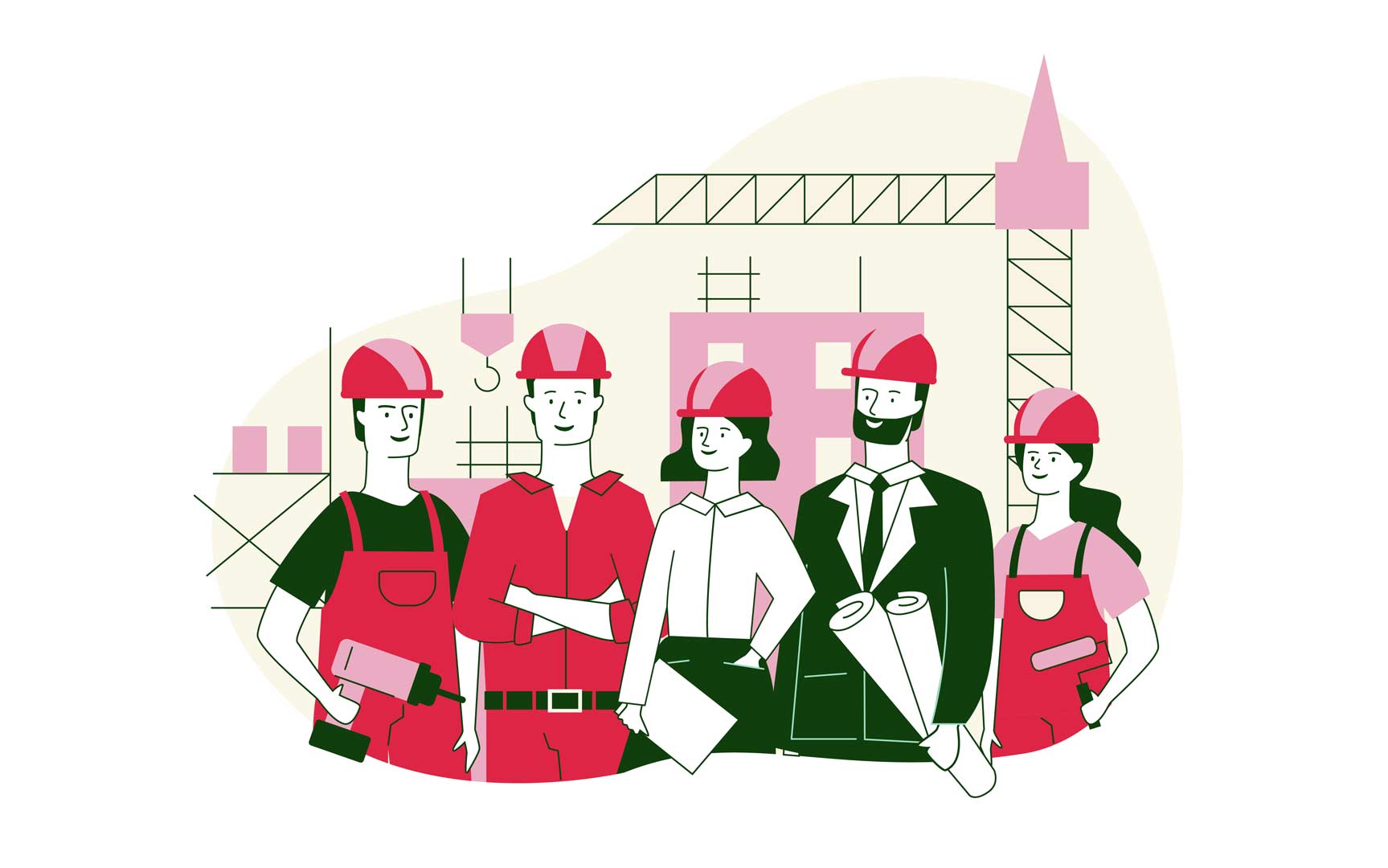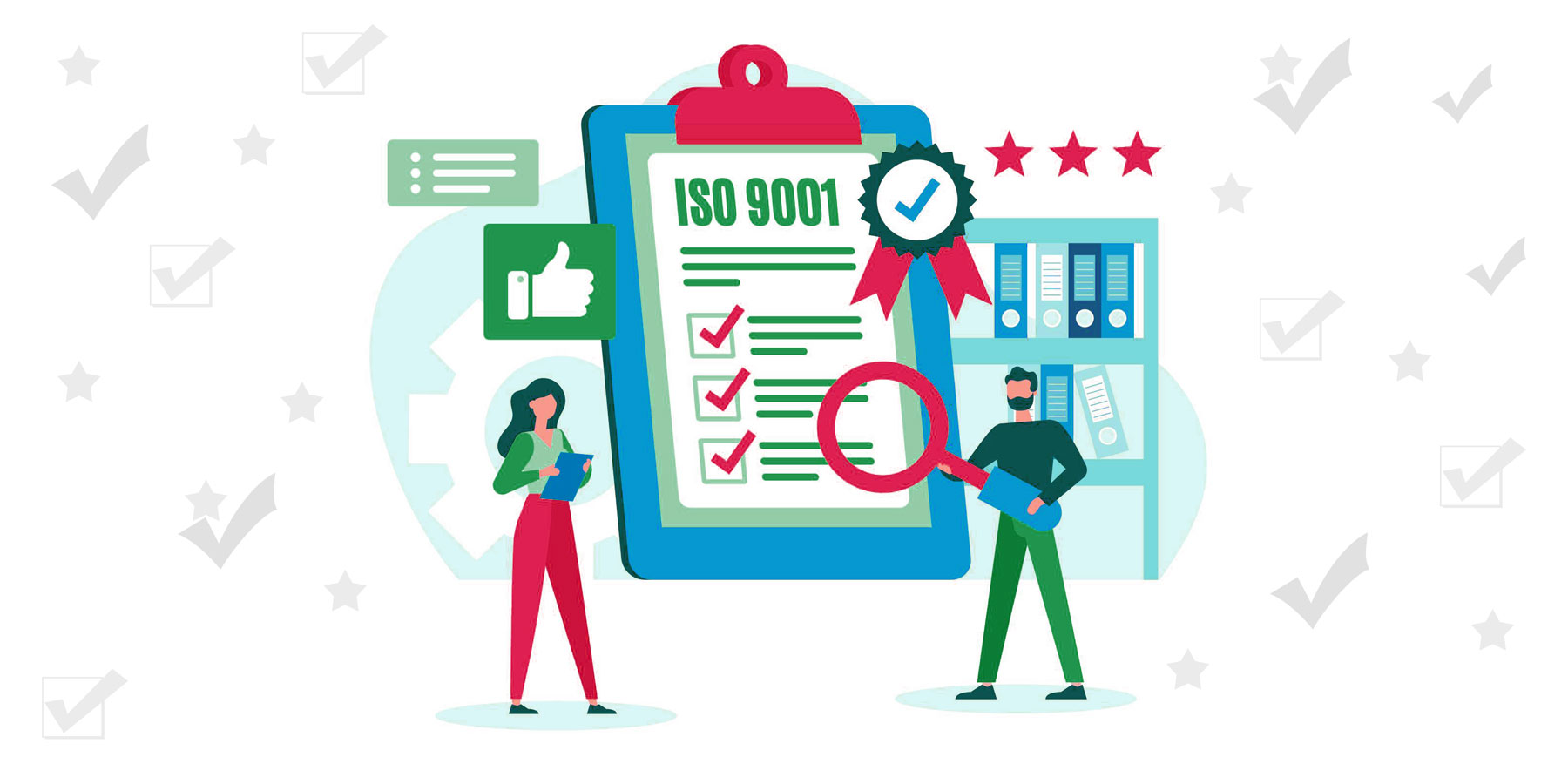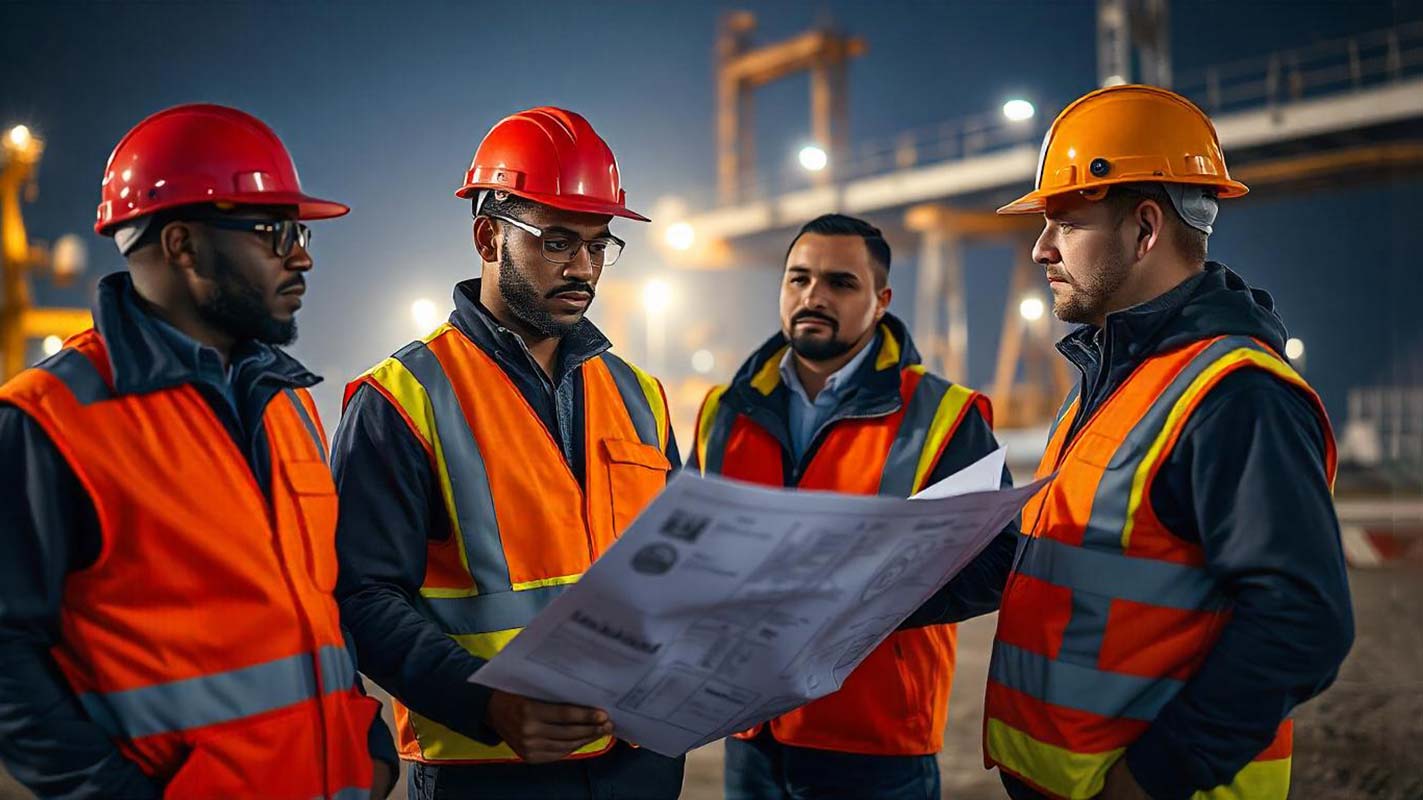Safety vs. Compliance — There’s a Difference:
Many companies say they “comply with safety standards.” That’s not the same as having a safety-first culture. Compliance is a checklist. Culture is a mindset. When safety becomes part of the way people think, act and lead at every level, that’s when the real shift happens. And this is where most companies fall short. They implement protocols, hold a few trainings, pass audits and stop there. But compliance doesn’t protect people. Culture does.
In 2025, clients, regulators and global partners are watching more than just your certificates. They want to know whether your team genuinely committed to health and safety or just ticking boxes.
This is exactly where ISO 45001 gives companies an edge — not as paperwork, but as a framework to embed safety into your leadership system.
The Business Case for Prioritizing Workplace Safety:
Let’s keep it simple: safer workplaces perform better because;
- Fewer injuries mean fewer disruptions.
- Less downtime means more uptime.
- Lower insurance claims mean stronger financial performance.
But it goes deeper. A visible safety culture boosts morale, builds trust between frontline workers and management and improves retention, especially in high-risk sectors like oil and gas, construction and manufacturing, where skilled labor is tough to replace.
In 2025, investors, international contractors and even governments in the GCC are choosing partners who show a clear safety-first approach and not just a passed inspection. So of course, building a safety-first culture is the right thing to do. But it’s also the smart thing to do as well.
UAE’s Evolving Regulatory Expectations in High-Risk Industries:
Across the UAE — especially in Dubai, Abu Dhabi and Sharjah — the pressure is increasing on industries to go beyond minimal compliance. Authorities are no longer satisfied with written safety plans. They want measurable outcomes. They want evidence that leadership is involved, workers are trained and risks are being managed proactively.
And with Expo City’s development, ADNOC’s massive expansion and continued construction across the Emirates, the government is tightening standards, particularly in sectors like oil & gas, heavy construction, logistics & warehousing, manufacturing & industrial operations etc. Regulatory bodies are looking for companies that align with international frameworks like ISO 45001:2018 and prepare for its updates expected by 2025.
For companies operating in the UAE and those in neighboring countries like Saudi Arabia and Qatar doing cross-border projects, aligning your culture with ISO 45001 isn’t just smart. It’s strategic.
